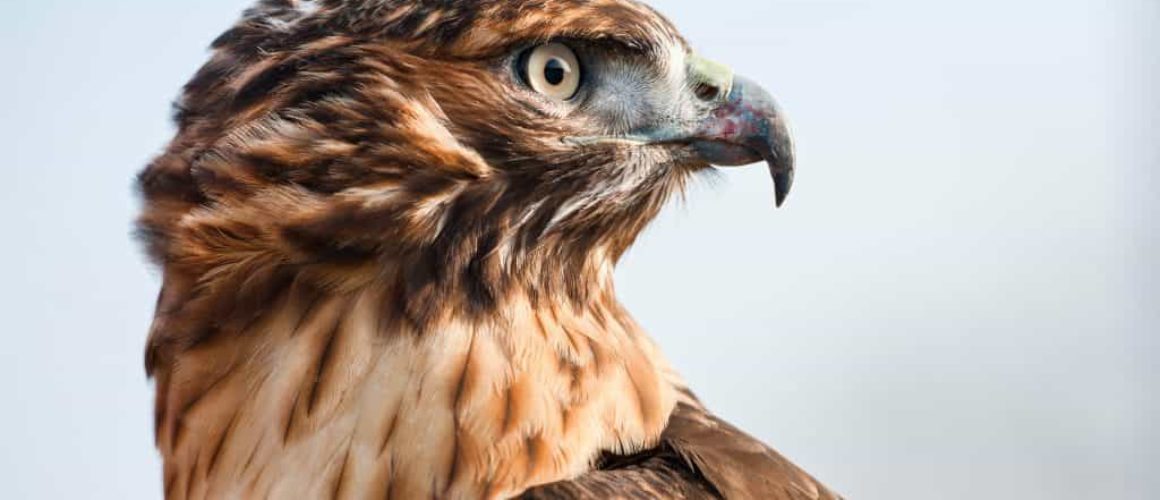How birds of prey are used in pest control
The term ‘pest’ is often used for rats, mice or termites, but a pest is described as any animal or plant harmful to humans or human concerns, including birds.
Birds such as pigeons and seagulls can cause a lot of problems, particularly in urban environments.
Their presence and nesting can cause property damage, halt developments, and become a general nuisance in the area.
Birds are known to carry disease, and leave droppings that can be off-putting to visitors.
With many bird species being labelled as pests for their scavenging nature, it isn’t difficult to see why property owners want them gone.
As all wild bird, nests and eggs in the UK are protected under The Wildlife and Countryside Act 1981, it can be a challenge to remove birds from your site, but fortunately there are alternative solutions.
Birds of prey are regularly used as a greener, safer, and more effective means of pest control in urban spaces.
Here we plan to explore which birds of prey are used in pest control, how it works, and how to know when you need bird pest control.
What birds are used in pest control?
Hawks and falcons are the most commonly used birds of prey deployed in pest control because they are the natural predators of most other bird species.
They are the ideal bird to scare away others, like pigeons and gulls, from areas where it is too late for prevention and other forms of control are not practical.
Hawks are the ideal bird to use when working in urban and industrial areas for pest control because they can move from perch to perch, hunting prey as they would in the wild.
They are easily trained, which means they can work inside and outside, making them ideal for warehouses, factories and large shopping centres.
Equally, Peregrine falcons can be just as effective predators for pest control as the fastest animal on the planet and a natural predator of gulls.
These incredible birds can reach speeds of up to 200mph when moving into a hunting dive, putting them in a league of their own.
How do birds control pests?
Falcons and hawks offer a greener and more natural form of pest control because they help to disperse pest species such as gulls and pigeons.
These predatory birds work by flying over a designated area or site multiple times, alerting small pest birds to their presence.
Once these birds have seen this predator, they will start to disperse, permanently leaving their nests and moving to an area further away.
In some instances, the mere sight of a falcon in the area can cause birds to clear the area before it even takes flight. These birds are the ideal form of pest control for large open spaces or larger sites where there may be multiple pest species.
How do you know when you need bird pest control?
It is incredibly important to identify a pest problem on your property before it gets out of control. There will be key signs to look for that will indicate a need for pest control, such as:
- Large groups of the same species of birds are a key indicator that you may have a nesting problem on your property. If you believe that they have been there for a prolonged period, or have noticed an increase in numbers, they have likely found an area of your property to roost or nest.
- It may seem obvious, but if you have noticed an increase in bird noises on your property, it could be a sign that they are nesting. You may have heard loud cooing noises, which often indicates feral pigeons, or you may be hearing new-born chicks calling to their mother, in which case you will definitely have a nest on site.
- One of the most unsightly and most noticeable signs of bird infestations is the droppings they leave behind. Not only does this not look great, but it can be harmful to human health, which is why if you notice a sudden increase in dropping on the floor, your roof or on surrounding cars, you may have birds roosting. In some cases, typically in factories, warehouses or large shopping centres, you may notice dropping inside. In this instance, it is advisable to get in touch with a pest control specialist as soon as possible to protect the birds and the people on your property.
Get in touch
If you suspect a bird infestation on your site, it is vital that you deal with it in a safe and controlled manner while not breaking the law.
The Wildlife and Countryside Act 1981 (Part I) ensures the protection of all wild birds, their nest and eggs, but with the help of Urban Hawks, your infestation issue can be quickly resolved.
Our team can call upon more than a quarter-century of experience working in the sector, with every member trained to the highest possible standards.
They are specialists in their field.
If you have concerns about birds nesting on your property and would like advice and assistance, don’t hesitate to get in touch with us today on 0151 345 6854 or email us at info@urbanhawks.co.uk

